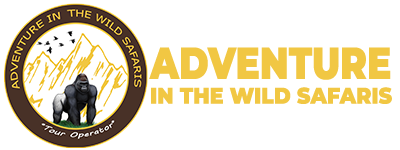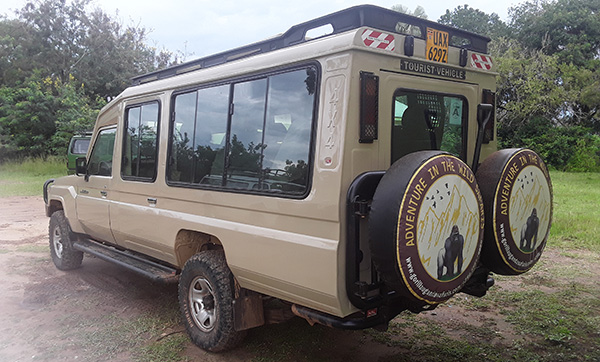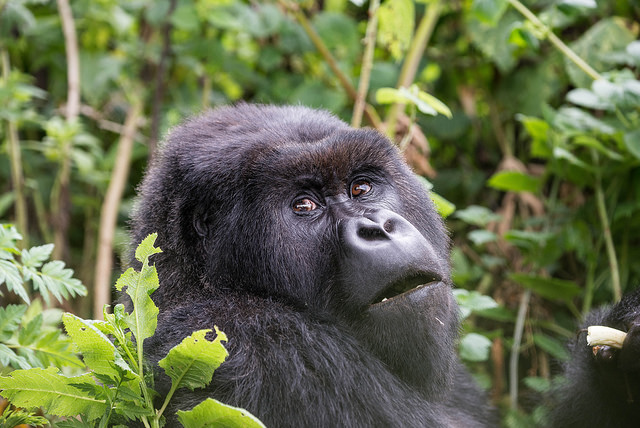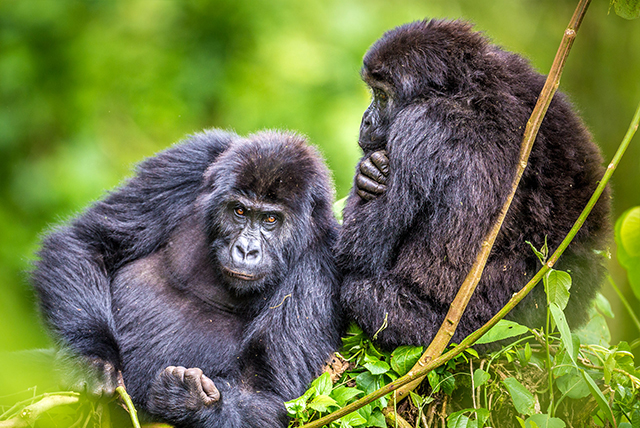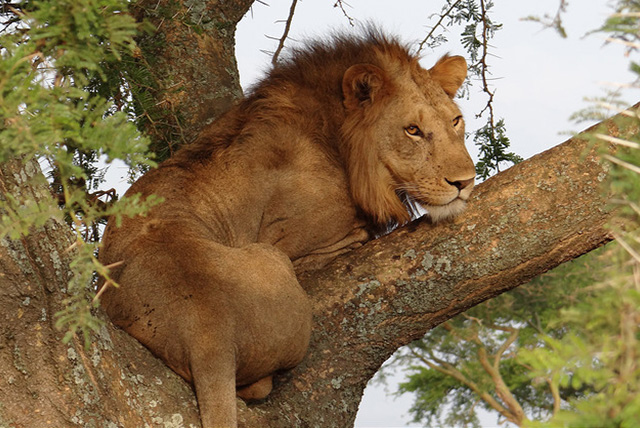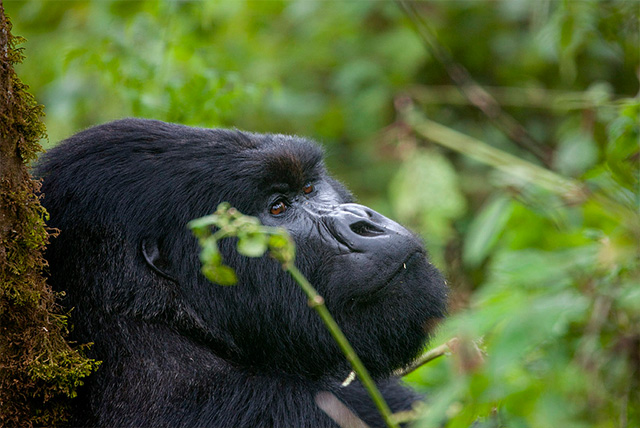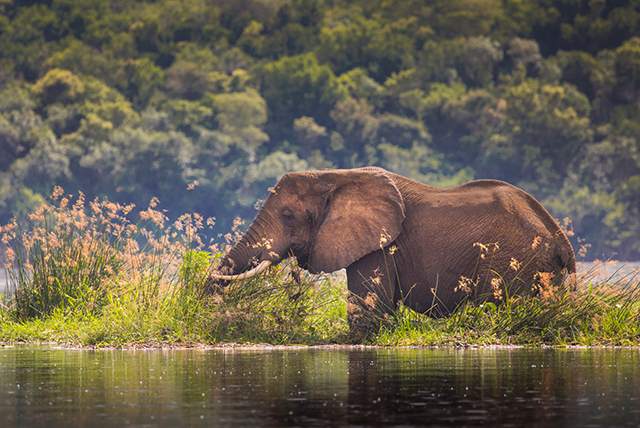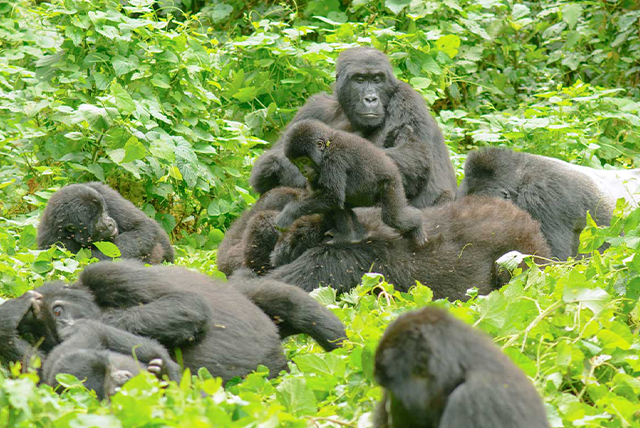Zambia Safari Tips & Travel FAQs
1. What is the ideal time to visit Zambia?
Travelers can explore Zambia throughout the year, but they should expect significant rainfall from December to February, with showers potentially starting as early as November and continuing through April or May. Many lodges in the primary national parks close their doors during the rainy season. The dry season is often the prime time for exploration, with the months from May to November offering exciting opportunities for adventure. The peak of summer typically falls in June and July, making these months less than ideal for outdoor pursuits.
2. What can you tell me about the places to stay?
Accommodation options in the parks often feature classic safari tent camps, usually equipped with private en-suite facilities, yet they tend to be off the grid or powered by solar energy or other innovative methods. They are comfortable, yet even the most “luxury” options would not genuinely meet the criteria for luxury by today’s standards. Hotels in cities often feature private baths, hot water, and clean, cozy rooms that invite exploration and relaxation. In bustling metropolitan areas, larger hotels are often favored due to their prime locations and close proximity to the airport and various attractions. We aim to select safari camps and properties that embody a commitment to both environmental and social responsibility. Whenever feasible, they are owned by locals or hire villagers, contributing positively to the communities in their areas.
3. Will I require a power adapter or converter for the electricity in Zambia?
Zambia operates on 220-240 Volts with a frequency of 50Hz electricity. They utilize type C, D, and G power sockets, akin to those found in Europe, India, and Britain. It is a great idea to pack a converter or grab one once you get there.
4. Are meals part of the experience?
We have sought to harmonize adaptability and ease when it comes to meal choices. That is why we provide meals on our tour days, especially when you’re exploring those hidden gems where dining options are scarce. Many of the safari camps offer an all-inclusive experience, providing snacks during those longer transfers as well. In urban landscapes, brimming with diverse dining options, we typically refrain from including meals, granting our explorers the freedom to select their own culinary adventures. Your hotel will usually offer a delightful continental breakfast during these days.
5. What is the experience with the tour guides?
Our tour leaders are truly remarkable! They possess a strong command of English and usually another native language too. The formal guide training in Zambia is just beginning its journey and is still in the early stages of development. Our in-country partners tirelessly collaborate to attract top-tier experts who deliver rigorous training to our guides in biology, hospitality, and various other fields, ensuring that our guides rank among the finest in the industry within Zambia’s borders. Every one of our tour leaders embraces our travelers as companions, guiding them through not only the iconic sights but also the hidden gems of the area.
6. What kind of transportation is utilized?
In Zambia, an array of transportation options awaits, from open-top safari vehicles to the thrill of exploring on foot! Internal flights can be a great way to save time on your journey, especially when traveling between Lusaka, Livingstone, and Mfuwe. Every tour itinerary page features a detailed overview of the transportation provided for that journey. If you have more inquiries, feel free to reach out!
7. What kind of cuisine is characteristic of Zambia?
The Zambian diet is rich in starches, especially maize and sorghum. Nshima is a hearty porridge crafted from maize, often enjoyed as a staple dish. Other staples include samp, a delightful crushed maize and bean dish, or ifisashi, a vibrant vegetable and peanut sauce dish. Tree nuts, along with sauces like peanut sauce, offer an exciting and popular choice. Restaurants often feature a variety of exciting options, including fish and crocodile meat. Insects like grasshoppers, ants, caterpillars, and cicadas offer exciting culinary experiences. They are frequently dried, sautéed, or fried. Mealie bread, also known as cornbread, is a delightful staple that is often enjoyed in a wonderfully moist form, featuring whole corn kernels nestled within.
8. Are these journeys appropriate for children?
It varies. If your children are excited by the wonders of nature, eager to explore diverse cultures, and love making new friends, Zambia could be the perfect destination. Remember that US food, video games, television, and more might not be easily accessible, so it is wise to prepare your kids in advance to set their expectations appropriately. We understand that you have a deep understanding of your kids, so we are excited to answer all your questions and provide you with the clearest picture of what to anticipate. However, keep in mind that these are thrilling excursions, and adaptability is crucial! Numerous lodges set a minimum age limit, usually allowing children as young as 7 years old. However, kids aged 11 and younger are generally not permitted to join walking safaris due to park regulations. For a more enjoyable experience on family tours, we frequently suggest opting for a private group and guide. However, families with well-mannered children are also invited to join our group departures. We offer exclusive private tour rates for families—feel free to inquire with your trip coordinator if you are interested.
9. What age groups usually participate in the Zambia tours?
Generally, participants are between 25 and 65 years old, but we have welcomed adventurers as young as 6 and those with a youthful spirit up to 90 on our journeys!
10. Are these journeys a great option for those exploring on their own?
Without a doubt! Our Zambia tours draw an exciting blend of solo travelers, families, friends, and more. We can frequently connect you with another group embarking on one of the established tours, or one that offers a more personalized experience, as long as it aligns with your dates and budget. Solo adventurers will want to explore our exclusive Solo Traveler Departures.
11. Are international flights included in the tour rates?
Tour rates exclude international flights. Travelers often discover that booking these separately tends to be more cost-effective, providing the freedom to select the schedule and routing that best suits their needs. Embark on your journey by purchasing international flights independently, or allow us to assist you in coordinating these flights with an airfare consolidator who excels in international travel.
12. What’s the best way to reach the hotel from the airport upon my arrival?
Your initial destination will determine this. When you choose to stay at an all-inclusive lodge or safari camp, you can expect their shuttle to be ready to whisk you away as soon as your flight lands, taking you straight to your adventure-filled destination. If you are spending the night in your arrival city first, we can either organize a pickup for you at an extra charge, or you can opt for a local taxi. Make sure to hop into the official taxis, which are usually easy to spot at the airports. Have the hotel name and address printed out to share with the driver.
13. Are there any special offers available?
Definitely! We provide exclusive trip discounts at various times during the year. Explore our Travel Discounts page for the latest offers and ongoing deals waiting to be discovered.
14. What amount should I set aside for gratuities?
Gratuities are entirely optional on all of our excursions. Yet, it is a common practice to provide a little extra for outstanding service. The suggested tipping amounts can differ significantly, but we advise giving your guide around $7-$10 each day and your driver about $4-$6 per day for a full day tour. Some explorers choose to carry little tokens from their homeland to share with those who assist them during their journey.
15. When is the best time to secure your plans?
Booking your Zambia tour is flexible, and typically, the sooner you secure your spot, the more advantageous it will be. Securing your spot ahead of time (ideally 3 months or more in advance) is crucial for those venturing out during peak season, as it guarantees that your preferred camps remain open for exploration. Additionally, we often suggest holding off on booking your international flights until your tour is officially confirmed. The quicker we set up your tour, the sooner you can seize those flight deals as they pop up. We frequently welcome spontaneous travelers, even those setting off in under a week! Reach out to us, and we will strive to make it happen! When it comes to last minute bookings, being adaptable and well-prepared can make all the difference. Your preferred hotel might not be available for your chosen dates, but your trip planner can suggest some equally exciting alternatives that will keep your journey thrilling!
16. Can the tour dates be adjusted?
Absolutely! If you find yourself unable to embark on the scheduled departure dates provided online, please reach out to us. Many tours can be scheduled on different departure dates for at least two travelers, provided that hotels and a guide are accessible.
17. Is it possible to modify or prolong my visit?
Without a doubt! Reach out to us for exciting recommendations in the area. We can effortlessly organize extensions to other captivating destinations in Africa like South Africa, Botswana, Namibia, or Zimbabwe. Share your ideas for customizing your journey, and we will strive to make it happen for you.
18. What items should I bring along?
Once you secure your tour, an exciting packing list will be sent your way! Given the diverse climates across different locations and seasons, making broad generalizations proves to be quite challenging. Comfort reigns supreme, and there is no need for extravagant attire on any of our Zambia tours.
19. What level of concern should I have regarding the altitude?
Zambia is a land of intriguing landscapes, where the highest peak reaches approximately 7600 ft in the Mafinga Hills. Altitude sickness is usually not a worry, but it is wise to check with your doctor if you have any concerns.
20. What is the safety level in Zambia?
Zambia offers a welcoming environment for travelers exploring its game reserves, national parks, and vibrant cities. As always, explorers should stay alert to their environment and apply good judgment when embarking on nighttime excursions. If local political unrest occurs, it would be prudent for westerners to keep their distance and reach out to the local embassy for guidance on what to do next. With all this in mind, Zambia offers a sense of security, boasting crime levels comparable to those found in many European countries. Stay clever and tuck your belongings away beneath your outer layer of clothing to safeguard against theft.
21. Is the water safe for consumption?
In Zambia, it is important to be cautious as the tap water is typically not safe for drinking. Some safari camps might draw water from deep boreholes that are safe to drink, but it is essential to get guidance from each camp before sipping from the tap. Bottled water or filtered water can be found at tourist sites, hotels, safari camps, and restaurants, while hot water (boiled for safety) or hot tea is typically served with meals at restaurants.
22. What essentials should I bring for my safari trip?
Be mindful of your packing choices, as international flights limit luggage weight to 20 kg (approximately 44 lbs), while domestic flights allow only 15 kgs for both hand baggage and luggage combined. It is essential to travel light.
Comfortable attire is ideal, especially when it comes to cotton. Bringing 3-4 outfits is a smart choice, as you can take advantage of the laundry services offered at most safari camps to refresh your wardrobe for ongoing adventures. Because of local customs, it is advisable to pack enough underwear for the entire trip, as typical laundry services may not accommodate washing them. Opt for clothing that envelops your body, providing essential protection from the sun and pesky mosquitoes. Comfortable walking shoes are essential. A detailed packing list will be provided once your itinerary is confirmed.
23. Should I bring US dollars, or is local currency necessary? What is the local currency and the current exchange rate?
The official currency in Zambia is the kwacha, yet you will find that both the US dollar and the kwacha are commonly accepted across the nation. Only USD bills from the 1996 series or later are accepted, as the “small head” bills are not valid. In some of the larger towns and at airports, you will find ATM and currency exchange services available for those looking to convert their money. It is wise to carry some cash when embarking on a journey to safari camps for unexpected expenses and tips, among other things.
24. Should I bring cash or traveler’s checks for my journey? Are there ATMs around? Are credit cards accepted?
Credit cards, primarily VISA, are only accepted in major hotels and are not commonly used or accepted beyond the larger tourist areas. Zambia thrives on a cash-based economy, where ATMs can be found, though their reliability may vary. Although USD is widely accepted in many places, it is wise to convert a good amount of cash into kwacha. In Zambia, you will find that most banks are not permitted to handle currency exchange, so you will need to visit a designated exchange office for that purpose. Make sure to carry sufficient cash for most of your journey, ideally in small denominations since finding change for larger bills can be quite challenging. Traveler’s checks are rarely utilized.
25. Is it possible for me to use my cell phone?
Depending on your provider, certain mobile phones may pick up a signal in various towns and safari camps close to larger towns when connected to the biggest local provider, MTN. It is a good idea to reach out to your phone carrier to discover whether your phone will function as it should. Another exciting choice is to grab a local prepaid SIM card once you arrive in Zimbabwe, provided you have an unlocked phone. Be sure to explore and verify your international calling rates with your provider. Options for making international phone calls can be easily found in popular tourist spots. Numerous safari camps provide a shared wifi signal, but be aware that the internet connection is significantly slower than what you might be accustomed to at home, and video chatting could prove to be quite challenging. Safari camps frequently place limitations on the use of cell phones during game drives and in specific areas of the camp. It is advisable to embrace a state of being ‘unplugged’ while exploring the countryside.
26. Will I require a visa or passport?
When planning a trip to Zambia, ensure that your passport is valid for at least 6 months beyond your departure date. At present, travelers from the US can enjoy the convenience of a Visa on Arrival, eliminating the need for a visa beforehand. Ensure that your passport has a minimum of two blank pages ready for use. A tourist visa will be granted for a 30-day stay at no charge upon arrival. A single-entry visa can be obtained upon arrival for $50, and it remains valid for 90 days. A day-trip visa can be obtained at the border close to Victoria Falls, offering a more affordable option for those venturing into Zambia from Zimbabwe for the day. The Kaza Univisa, a convenient option for travelers to both Zimbabwe and Zambia, is currently on hold, but there’s a possibility it could return in the future. Adventurers from different countries should connect with the local consulate for details on visa requirements. Entry requirements shift unexpectedly often. Every traveler should take the initiative to consult with the consulate for the latest visa information.
27. What vaccinations are suggested or mandatory?
No vaccinations are presently necessary for traveling to Zambia. It is highly advisable to consider medications for Hepatitis A, Typhoid, and malaria. Depending on your travel plans in Zimbabwe, it’s advisable to consider preventatives for Hepatitis B, Rabies, and yellow fever. If you are coming from a country where yellow fever or cholera is a risk, you must have a vaccination for either or both diseases. The yellow fever vaccination, valid for a decade, should be given at least 10 days prior to your arrival in a destination where yellow fever is a concern. Adventurers should carry their International Certificate of Vaccination or Prophylaxis (ICVP) to demonstrate their vaccination status. For the latest updates, be sure to reach out to your doctor and explore the Center for Disease Control website.
28. What is the time zone of Zambia?
Zambia operates on Central Africa Time, which is UTC+02:00.
29. Is travel insurance a good idea?
Definitely! Indeed, numerous camps mandate it. We collaborate with a travel insurance company that offers affordable coverage for trip cancellations, medical expenses, emergency evacuations, lost luggage, and more.
